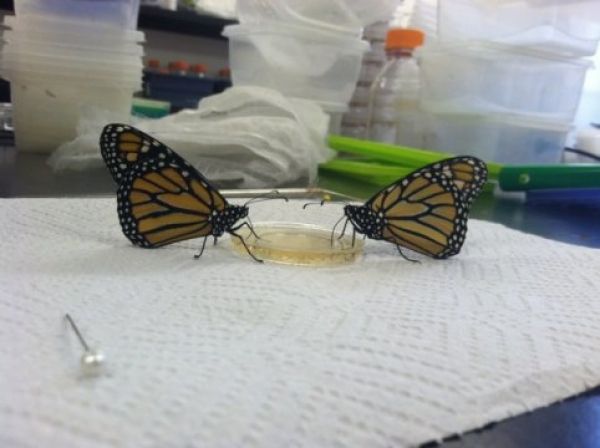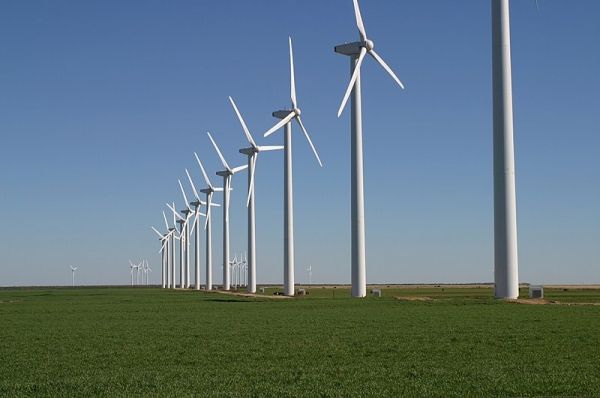
LSU researchers have discovered a new relationship between climate change, monarch butterflies and milkweed plants. It turns out that warming temperatures don’t just affect the monarch, Danaus plexippus, directly, but also affect this butterfly by potentially turning its favorite plant food into a poison.
>> Read the Full Article

Mitsubishi Hitachi Power Systems (MHPS) and Carnegie Mellon University (CMU) today announced the release of the 2018 Carnegie Mellon Power Sector Carbon Index, at CMU Energy Week, hosted by the Wilton E. Scott Institute for Energy Innovation. The Index tracks the environmental performance of US power producers and compares current emissions to more than two decades of historical data collected nationwide. This release marks the one-year anniversary of the Index, developed as a new metric to track power sector carbon emissions performance trends.
>> Read the Full Article

 ENN
Environmental News Network -- Know Your Environment
ENN
Environmental News Network -- Know Your Environment